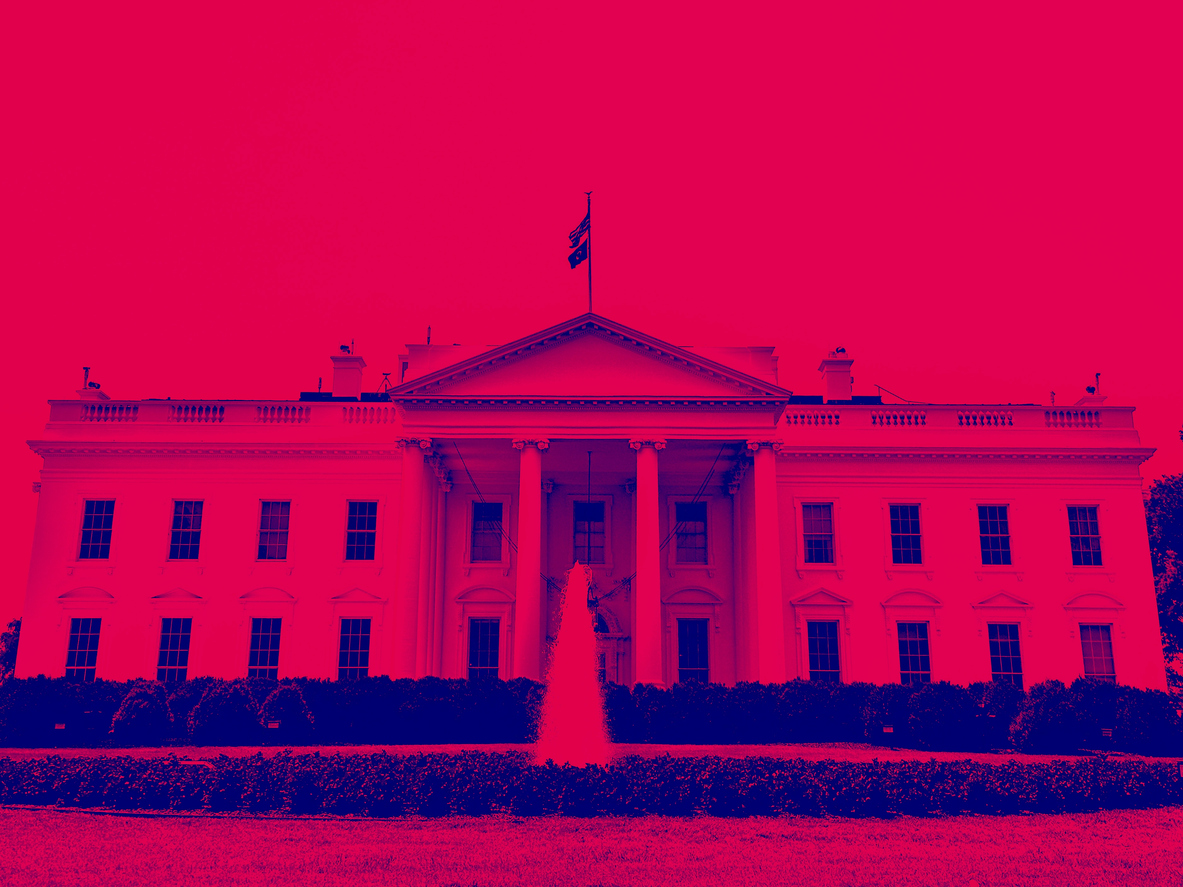
Exporting Advanced Chips Is Good for Nvidia, Not the US
The White House is betting that hardware sales will buy software loyalty — a strategy borrowed from 5G that misunderstands how AI actually works.

Exporting Advanced Chips Is Good for Nvidia, Not the US
The White House is betting that hardware sales will buy software loyalty — a strategy borrowed from 5G that misunderstands how AI actually works.

AI Could Undermine Emerging Economies
AI automation threatens to erode the “development ladder,” a foundational economic pathway that has lifted hundreds of millions out of poverty.

The Evidence for AI Consciousness, Today
A growing body of evidence means it’s no longer tenable to dismiss the possibility that frontier AIs are conscious.
.png)
AI Alignment Cannot Be Top-Down
Community Notes offers a better model — where citizens, not corporations, decide what “aligned” means.

AGI's Last Bottlenecks
A new framework suggests we’re already halfway to AGI. The rest of the way will mostly require business-as-usual research and engineering.

AI Will Be Your Personal Political Proxy
By learning our views and engaging on our behalf, AI could make government more representative and responsive — but not if we allow it to erode our democratic instincts.

Is China Serious About AI Safety?
China’s new AI safety body brings together leading experts — but faces obstacles to turning ambition into influence.

AI Deterrence Is Our Best Option
A response to critiques of Mutually Assured AI Malfunction (MAIM).

Summary of “If Anyone Builds It, Everyone Dies”
An overview of the core arguments in Yudkowsky and Soares’s new book.
Stay informed on the future of AI alongside
other subscribers
- Aggressive Startup Funding: Nvidia invested in 67+ AI startups in 2025.
- Ecosystem Expansion: Focus on building a broad AI ecosystem.
- Strategic Partnerships: Investments often tied to hardware and cloud deals.
- Influence Across AI Sectors: Backed leading labs, infrastructure, robotics, and data companies.
- Scaling Limits Reached: Focus moves from bigger models to better architectures.
- Rise of Small Language Models: Fine-tuned SLMs favored for cost and accuracy.
- World Models Emerge: AI learns 3D environments, impacting gaming and robotics.
- Agentic Workflows Mature: Standardized protocols enable real-world AI agent deployment.